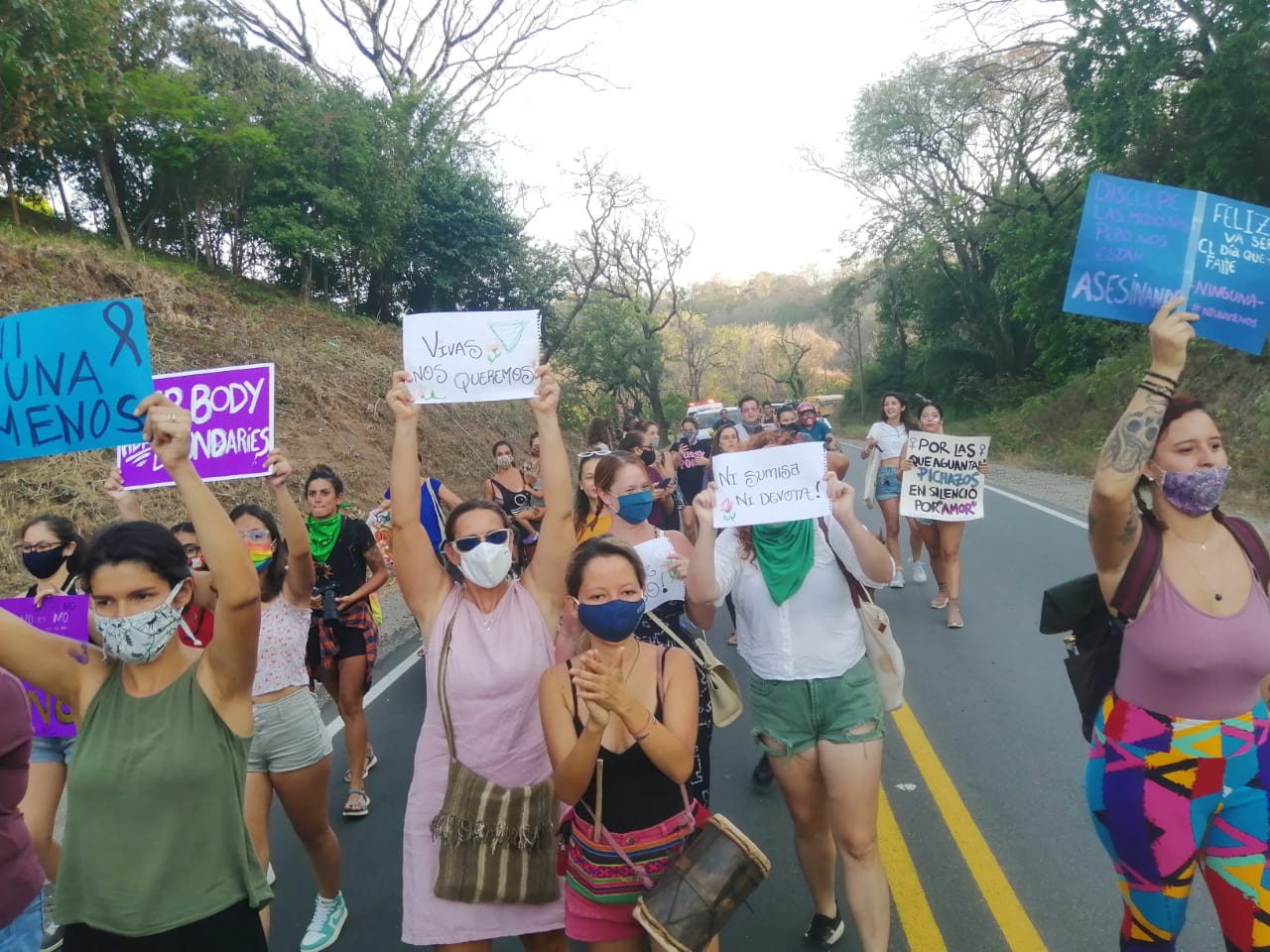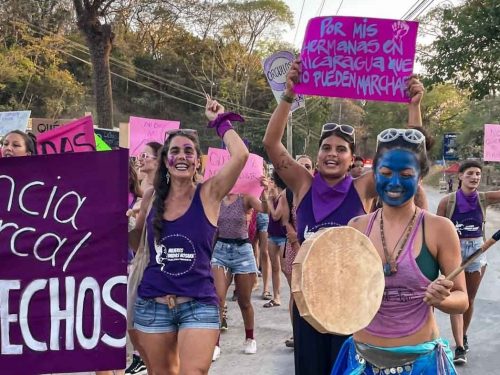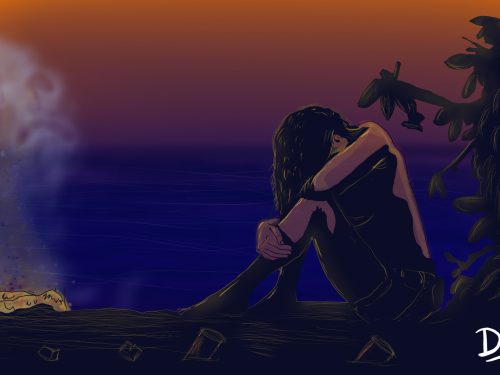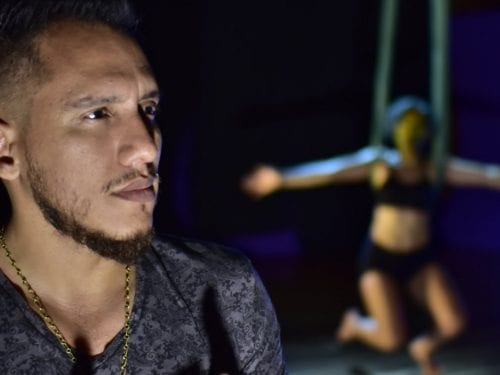
Five female tourists reported being sexually assaulted at evening parties on the beaches of Nosara between 2019 and 2021. If you, a friend or a relative experienced a similar situation in a coastal area of Guanacaste, you should know that there are ways to report it and seek protection against aggression, even if you are far from the canton’s center.
These types of crimes are never the fault of the victims under any circumstances and Costa Rican institutions are obligated to help you. That’s why this article gives you the steps you should follow to seek help in Guanacaste:
First, what does Costa Rica define as a sexual assault?
The Judiciary’s Technical Secretary for Gender indicates that they are all actions in which one person or several force another to maintain or participate in non-consensual sexual activities with the use of violence (death threats, physical force, drugs or psychological manipulation).
The most common sexual crimes in Costa Rica are rape (there is penetration), sexual abuse (touching) and sexual relations with minors under 18 years of age (non-forced sexual relations).
If someone touched you, masturbated, forced you to perform sexual acts without consent or you suffered a sexual assault, you can report it as a crime to the authorities.
What should you do after a sexual assault?
The Rape, Abuse & Incest International Network (RAINN) recommends that you evaluate whether you have a trusted place where you can ask for help.
For example, think about whether you feel safe telling what happened to the staff of the accommodation where you are staying or to the people that you’re sharing a room with. If not, consider going directly to the authorities.
Take into account that the first 72 hours after a sexual assault are important in order to obtain evidence to help you report it and to assess your physical and mental health. During this timeframe, for example, it’s possible to reduce the risk of having a pregnancy from rape and to detect a sexually transmitted disease early.
That’s why Karen Bonilla, coordinator of the violence regulation and attention program of the Costa Rican Social Security Fund (CCSS), recommends that victims call 911 as soon as possible or go to the EBAIS clinic or the nearest police station. Any of these institutions will activate the CCSS Inter-institutional Protocol for comprehensive care for victims of rape.
According to the manual, either the Public Force or EBAIS officials should take victims of sexual assaults to the nearest hospital to assess their physical and mental condition and do the report. In Guanacaste, the only medical centers authorized for this are La Anexión Hospital in Nicoya and the Enrique Baltodano Briceño Hospital in Liberia.
Take into account that even if you are in a coastal area far from both of the hospitals, the police or paramedics who are assisting you are obligated to take you immediately.
What happens next?
Regardless of whether you arrive on your own or an officer takes you, the hospital staff must take you immediately to a physical place that guarantees an environment of confidentiality and warmth. First, a nurse will assess whether you need emotional first aid or any emergency medication.
Then a doctor will assist you to determine if you have lesions in your sexual organs, mouth or anal area, if you show signs of resistance such as bruises, scratches, bites or if you still have semen or DNA from your attacker. These first kinds of proof will help you have a strong legal case.
Depending on the type of aggression you experienced, health personnel might recommend that you take emergency contraception to avoid pregnancy. You decide if you accept it or not.
The medical center will be able to do tests to determine if you contracted a sexually transmitted disease and, depending on the results, the doctor will prescribe treatments to reduce the risk of diseases. The health staff must verbally inform you of any tests they do, as well as each prescribed medication.
The staff will also assess admitting you based on your physical and mental condition, or if you don’t have a safe place to go back to.
If you arrive at the hospital before going to the Prosecutor’s Office, the official who assists you is obligated to call Judiciary workers so that they can take your statement without you having to go anywhere else. The report is a process that only you can do personally. The only thing you need is an identification document, such as your ID card or passport.
If you’re a minor and suffered a sexual assault, officials also need to contact an official at the National Children’s Trust (PANI- Patronato Nacional de la Infancia), who will visit you at the hospital and activate special protocols for your age group
Where can I seek more help?
After going through the first part of this process, you can seek psychological attention by calling the National Women’s Institute (INAMU) hotline: 800-462-6827.
After filing the complaint with the Prosecutor’s Office, the court should order necessary protective measures against your perpetrator, such as a restraining order. Depending on the severity of the case, you might be referred to the Public Ministry’s Victim Assistance Program.
If you experience another type of gender violence, you can look for how to get help at this link.







Comments